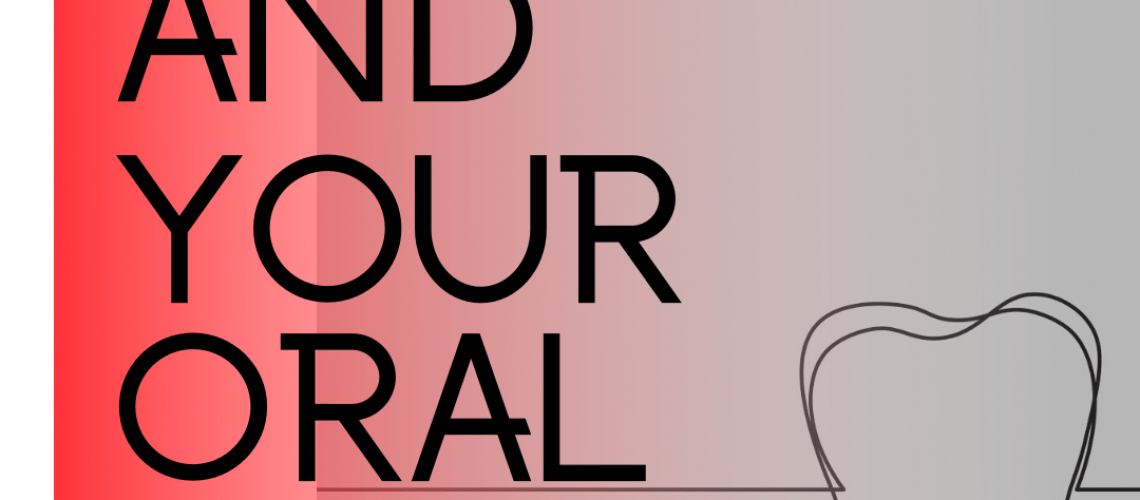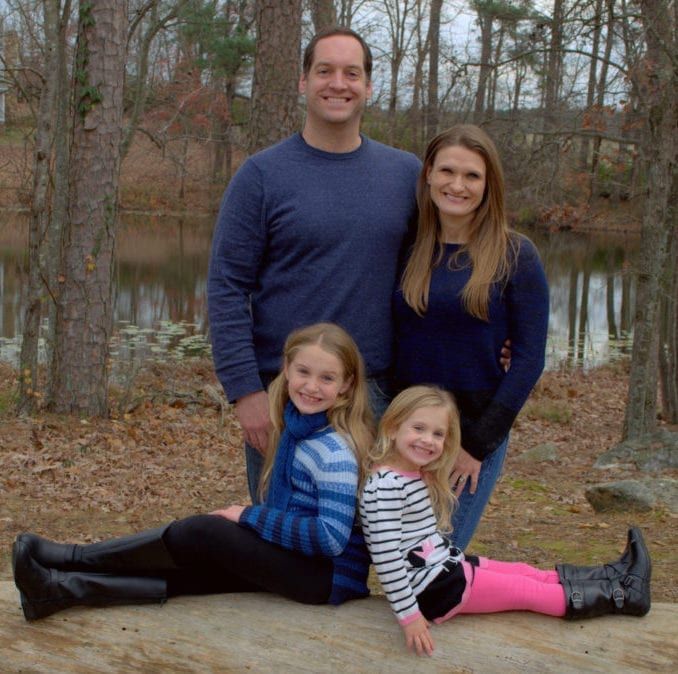The emergence of SARS-CoV-2 which causes covid-19, also known as coronavirus, has unfortunately resulted in severe changes to our way of life. Perhaps the biggest change is the federal government’s recommendation to maintain limited and distant contact with others outside of our household. Some state and local governments have gone as far to close down businesses that are deemed as non-essential.
Consequently, the American Dental Association is also advocating for social distancing as a way to slow the spread of the virus. On April 1st, 2020, the ADA released a formal recommendation for dental offices across the country to close their offices, unless an urgent or emergency case is presented. This recommendation temporarily suspends any elective or preventative dental treatments to reduce the risk of spreading the virus, yet allows dentists to treat patients undergoing dental emergencies. The ADA has this recommendation in place until April 30th at the earliest.
With the temporary suspension of elective and preventative dental procedures, it is more important than ever before to practice proper oral hygiene and safety practices at home. This will help you maintain your oral health and prevent possible dental emergencies from occurring. Here is a brief guide on how to maintain your oral health during this health crisis:
Daily Dental Hygiene
In order to minimize the risk of developing dental issues like tooth decay or gum disease, daily dental hygiene is essential. It is recommended to brush your teeth twice a day for two minutes at a time using a soft toothbrush and fluoridated toothpaste. Additionally, you will want to floss your teeth daily. Both of these practices remove excess plaque from your mouth and significantly decrease the risk of tooth decay and gum disease.
Limit the Sugar
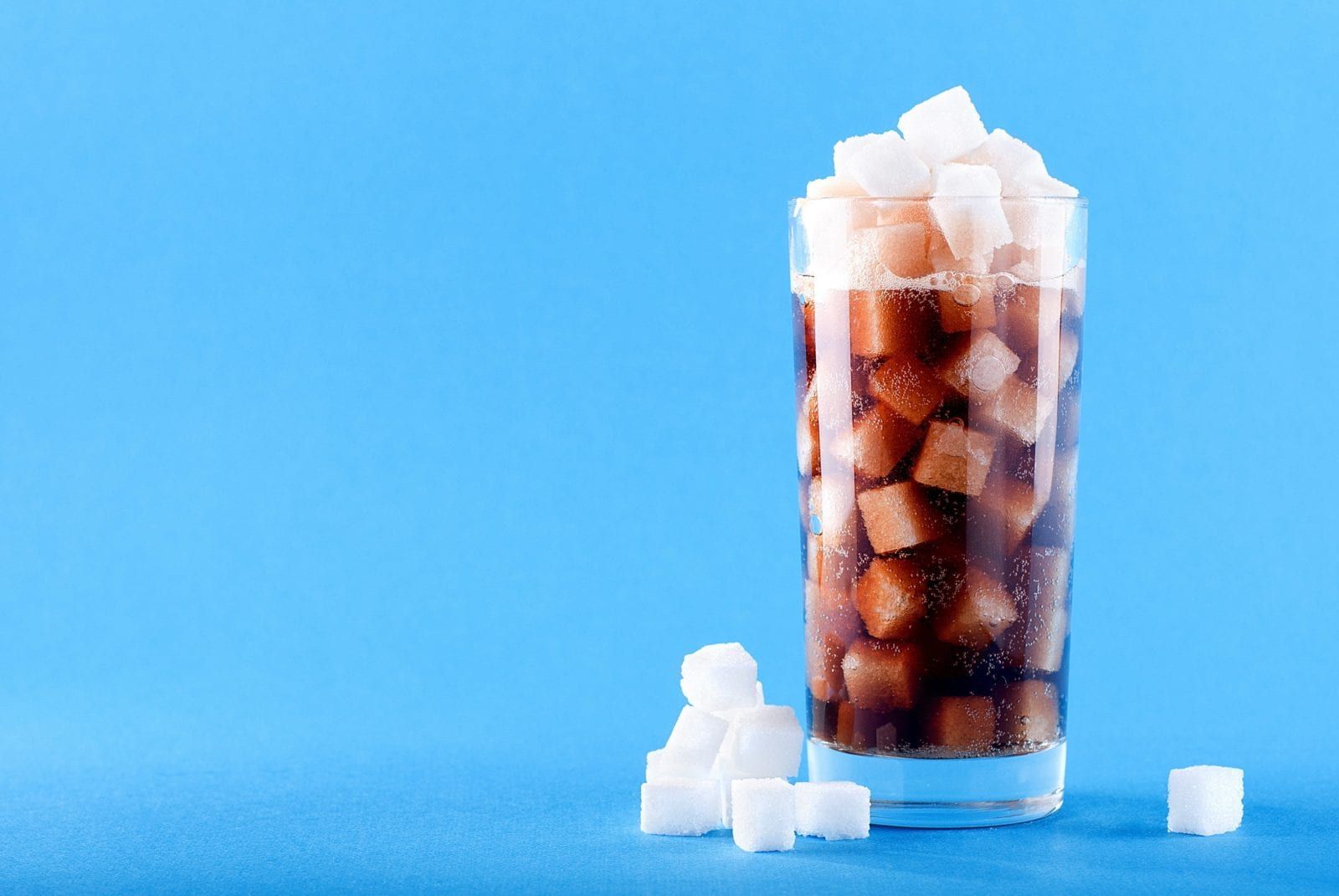
While it may be tempting to comfort yourself with sweet treats, more sugar means you are at an increased risk of developing tooth decay. Therefore, it is important to limit the amount of sweet treats, carbohydrates, and sodas that you consume to decrease your total sugar intake. In the case you must indulge in sugary foods and beverages, you should rinse your mouth with water or milk to limit the amount of sugar present.
Avoid Problematic Foods
Foods that are excessively hard, crunchy, sticky, or chewy have an increased risk of fracturing or chipping a tooth. Avoiding or limiting these foods decreases the risk of damage to your teeth. If you must have these foods, try breaking them into smaller pieces and exercise caution while consuming them.
Only Use Your Teeth for Chewing Food
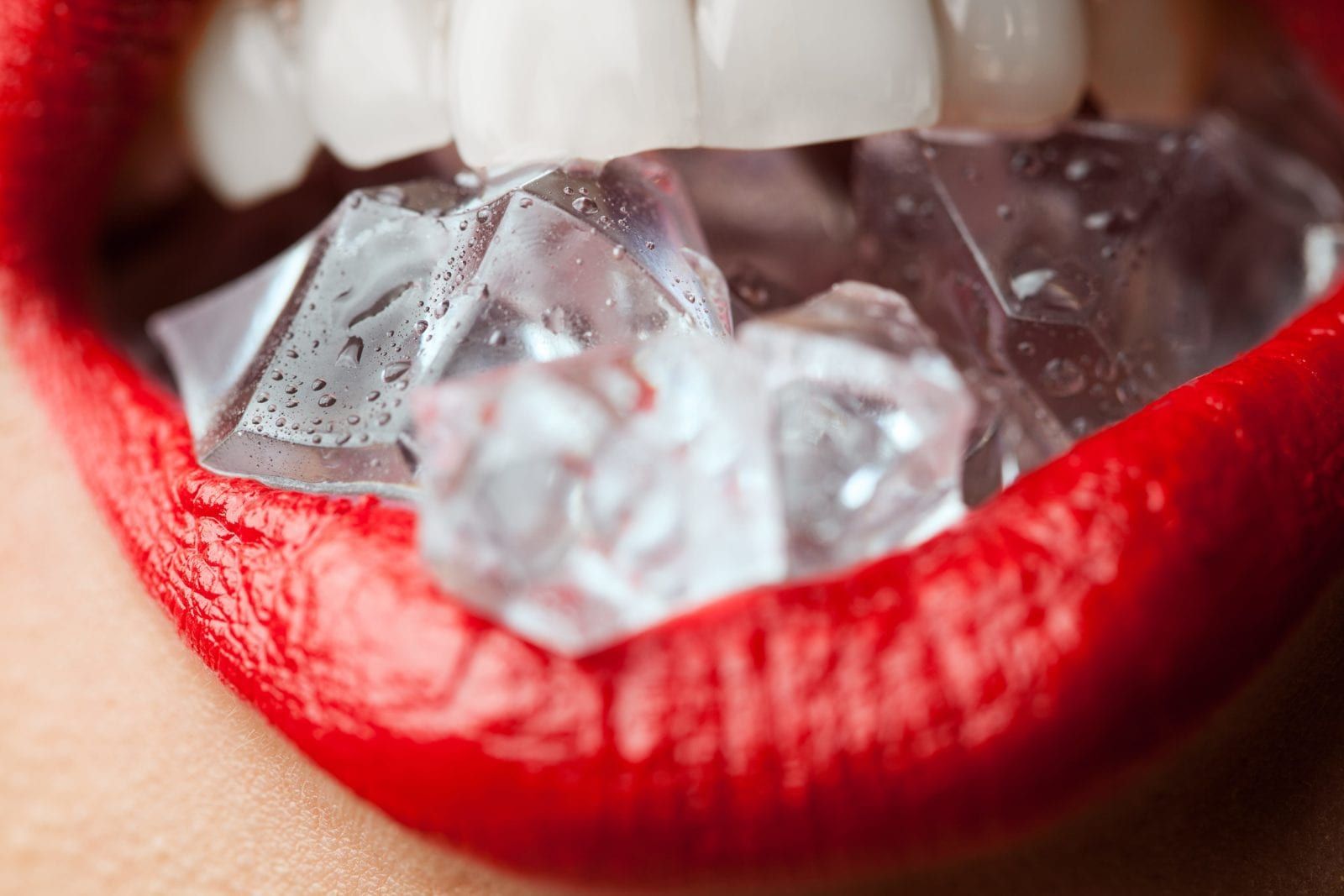
While this may sound like common sense, it is sometimes easier said than done. In times of stress, some people may resort to nail biting or chewing on pens, ice, or other objects. These behaviors can cause chipped or cracked teeth and should be avoided at all costs.
Wear Your Mouthguard
Another way people deal with stress is through grinding or clenching their teeth. If you are a bruxer and your dentist has prescribed a dental mouthguard, now is the time to wear it. A mouthguard will protect your teeth from possible damage that can occur from excessive grinding or clenching.
In following these strategies, it is our hope that you will not need us during this crazy time. However, Covington Dental in Hickory is open to dental emergencies if needed. If you are in pain or believe you are undergoing a dental emergency, skip the emergency room and call our office immediately.
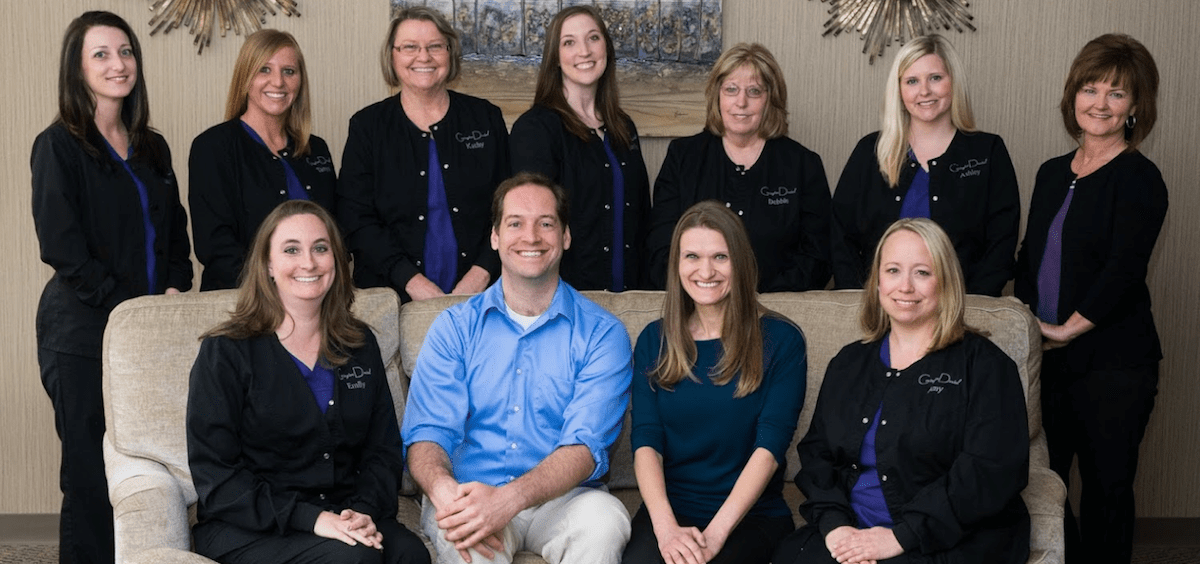
Dr. Mark and Dr. Gina Covington are committed to providing their patients with the highest level of care. Both doctors are members of the Academy of General Dentistry as well as the American Dental Association. Locally, both belong to the Western Piedmont Dental society and the Foothills Dental Continuum. Because dentistry is a dynamic field, continued education is a paramount concern. Both Dr. Mark and Dr. Gina have completed several hundred hours of continued education to become proficient in the science and placement of dental implants. This course of study has allowed them to become Fellows of the International Congress of Oral Implantologists.

